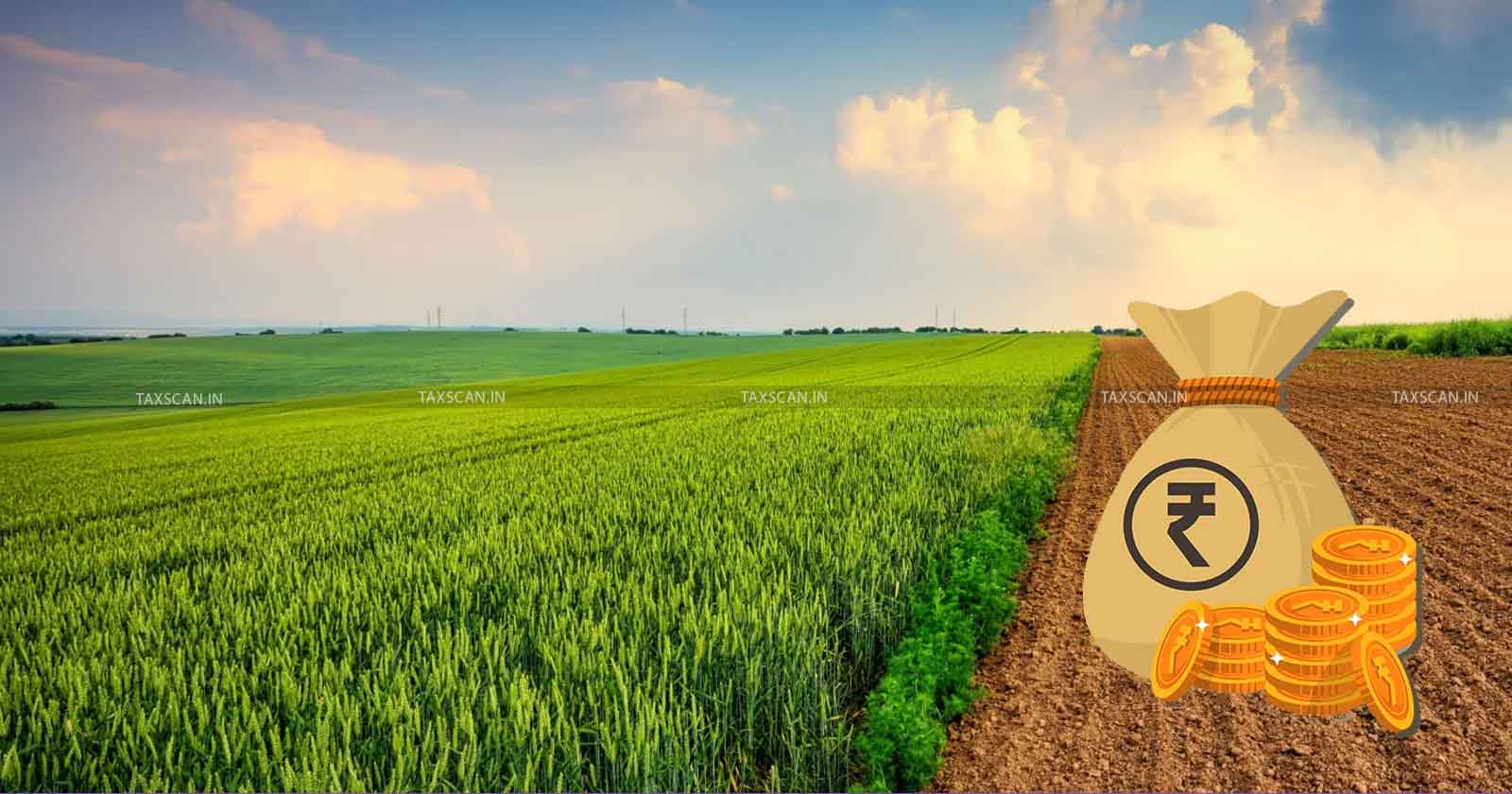Circular Trading Established: ITAT Restricts Additions in Alleged Bogus Purchase Case as No Cash Trail Found [Read Order]
In absence of any evidence supporting Revenue’s claim of taxing the total purchase value, the Tribunal upheld the CIT(A)’s order.
![Circular Trading Established: ITAT Restricts Additions in Alleged Bogus Purchase Case as No Cash Trail Found [Read Order] Circular Trading Established: ITAT Restricts Additions in Alleged Bogus Purchase Case as No Cash Trail Found [Read Order]](https://images.taxscan.in/h-upload/2025/11/10/2103719-bogus-purchase-taxscan.webp)
The Mumbai bench of the Income Tax Appellate Tribunal (ITAT) ruled that in the absence of any evidence demonstrating unaccounted cash movement, the additions towards alleged bogus purchases cannot be made in a search-based assessment, particularly where transactions reflect circular trading.
The tribunal restricted the addition to the profit element embedded in the purchases rather than treating the entire value as unexplained.
The assessee, Indo Count Industries Ltd., engaged in manufacturing and export of home textiles, was subjected to a search under Section 132 of the Income Tax Act, 1961, leading to assessments initiated under Section 153A of the Income Tax Act, 1961.
The Assessing Officer (AO) alleged that the assessee procured goods from certain parties regarded as accommodation entry providers and artificially routed goods through intermediaries to inflate purchases. Treating the purchases as bogus and alleging unexplained expenditure under Section 69C of the Income Tax Act, 1961, the AO made additions on the entire purchase value across multiple assessment years.
Know How to Investigate Books of Accounts and Other Documents, Click Here
The Commissioner of Income Tax (Appeals) [CIT(A)] examined the business flow and found that the assessee had sold goods to specific buyers and subsequently purchased back similar goods through an intermediary, indicating circular trading. The CIT(A) therefore held that only the profit element, and not the entire value of purchases, could be brought to tax.
 Also Read:Capital Market Transactions through Banking Channels Accepted as Genuine: ITAT Deletes Additions on Share Transactions under Income Tax Act
Also Read:Capital Market Transactions through Banking Channels Accepted as Genuine: ITAT Deletes Additions on Share Transactions under Income Tax Act
The Assessee, represented by Counsel Mayank Patwari, demonstrated that all transactions were routed entirely through regular banking channels and no part of the expenditure was incurred in cash. It was argued that no evidence of cash payments, unaccounted bank entries, or parallel books was found either during the search or later verification, eliminating the basis for invoking Section 69C of the Income Tax Act, 1961.
The assessee’s counsel argued that the purchases were duly supported by quantitative records and consumption statements, and the circular trading model was a recognised commercial mechanism where goods moved through a cycle. Therefore, it was urged that the AO was incorrect in treating the entire purchases as bogus and taxing them in full.
The Revenue, represented by R. A. Dhyani, argued that the suppliers identified were known accommodation entry providers and the confirmations furnished by them ought not to be relied upon. The counsel also argued that the element of accommodation remained inherent in the transactions, warranting taxation of the entire purchases as unexplained expenditure. So, the CIT(A) erred in reducing the additions without providing a basis for estimating the profit element.
 Also Read:ITAT Partly Deletes Addition of ₹10 Lakh on Cash Deposits from Agricultural Income u/s 69A [Read Order]
Also Read:ITAT Partly Deletes Addition of ₹10 Lakh on Cash Deposits from Agricultural Income u/s 69A [Read Order]
The bench comprising Judicial Member, Sandeep Gosain and Accountant Member, Omkareshwar Chidara upheld the findings of the CIT(A), observing that the Revenue failed to produce any proof of cash payments or undue financial benefit to the assessee arising from the transactions in question. The tribunal held that once the existence of sales was accepted and the rotation of goods was established, denying the purchases altogether was untenable.
Since the evidence clearly exemplified circular trading and taxing the entire purchase amount would result in distortion of profits. Therefore, the ITAT restricted the addition to the extent of the profit element embedded in the transactions.
Support our journalism by subscribing to Taxscanpremium. Follow us on Telegram for quick updates


